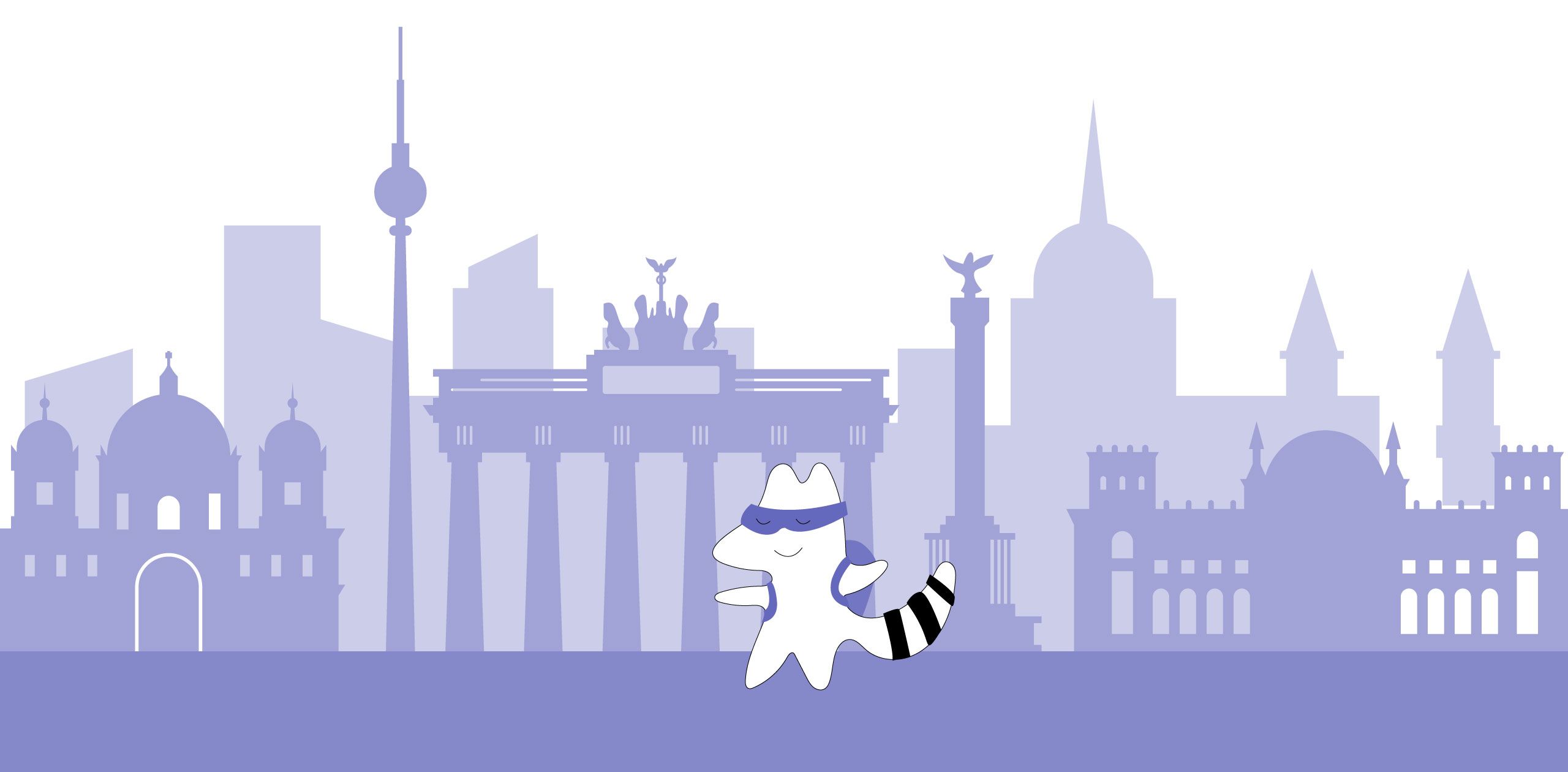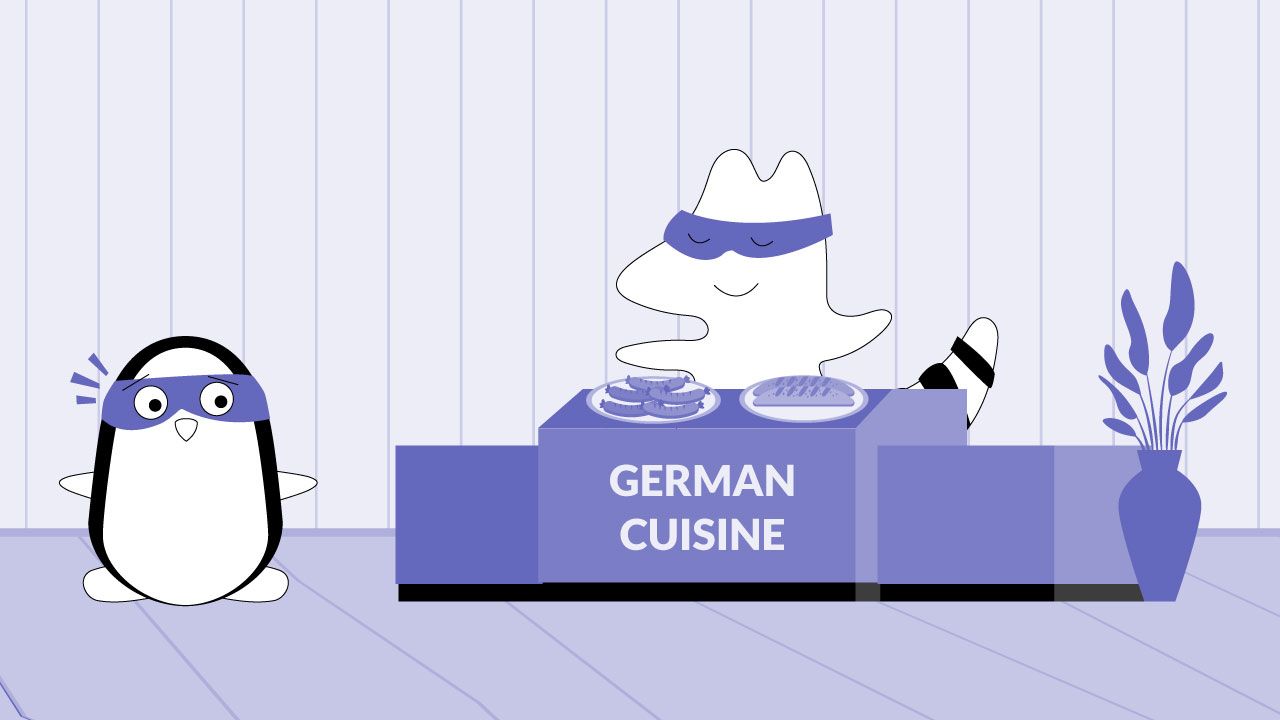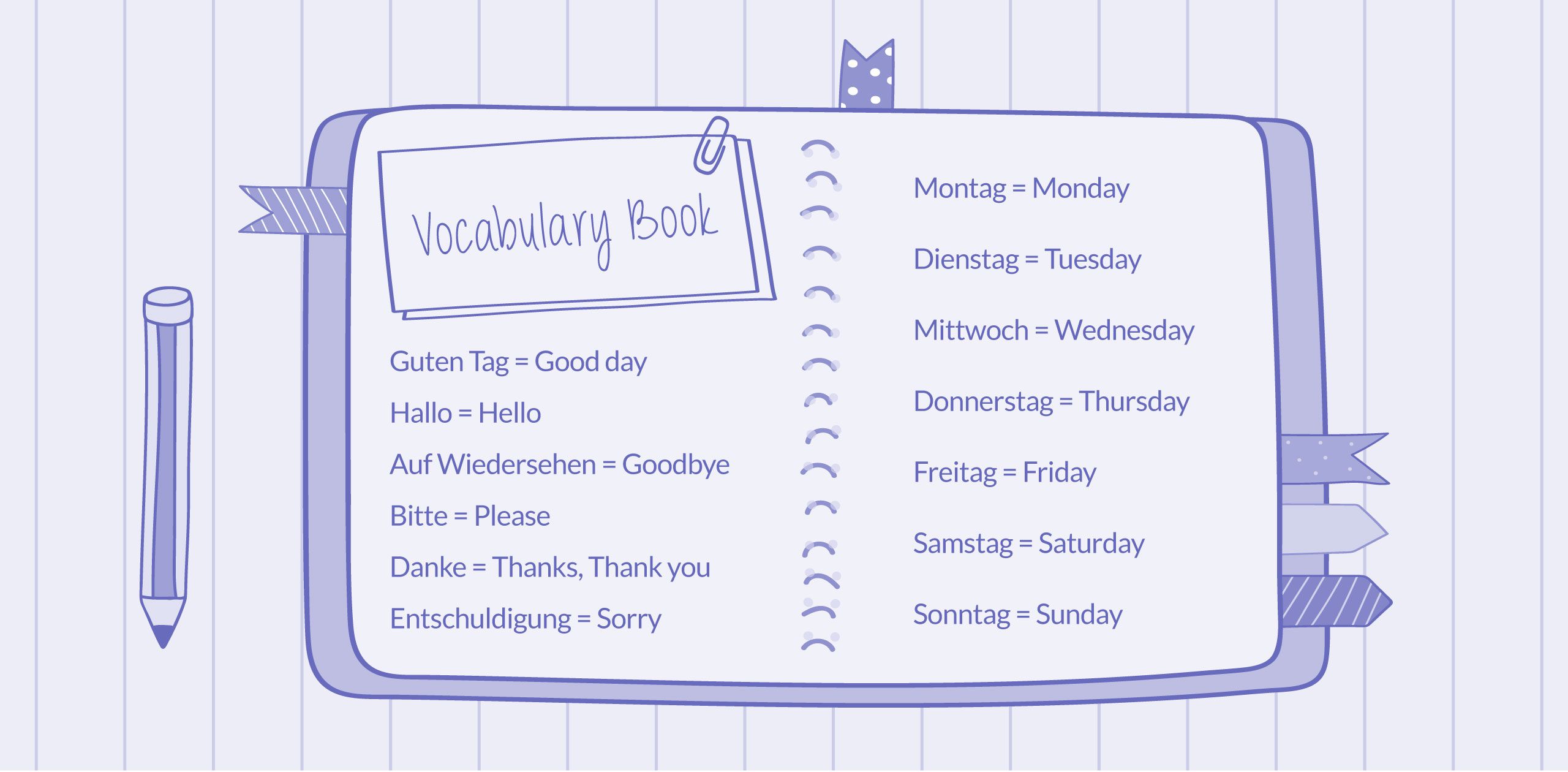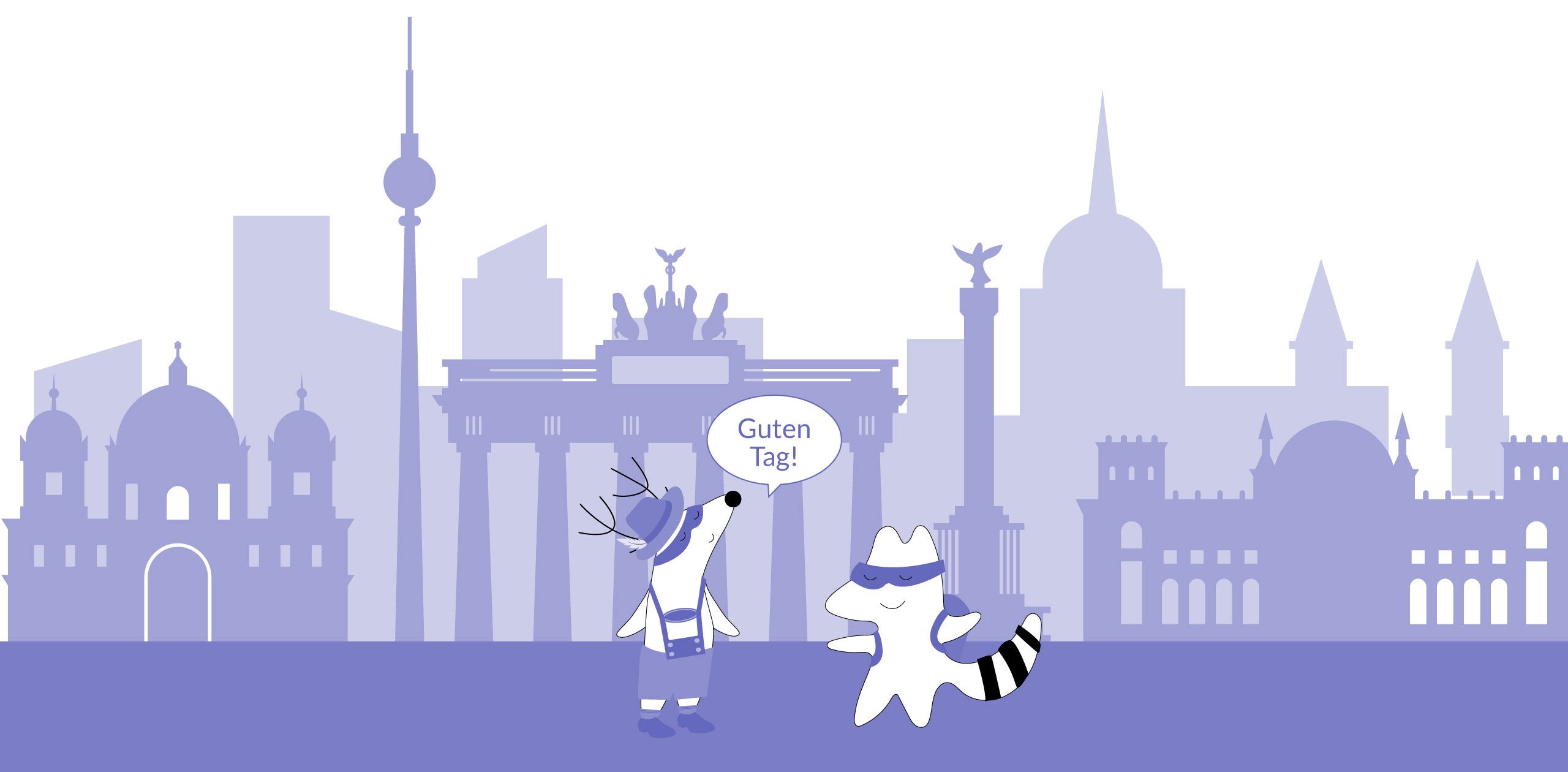
There are many reasons why language immersion is an excellent tool for learning a new language. One of the biggest benefits is that it allows students to completely surround themselves with the new language and culture, which leads to a more holistic learning experience.
In addition, immersion programs offer a more efficient way to learn a new language than traditional classroom settings. German language immersion programs in Germany are some of the best in the world. They offer students a unique opportunity to not only learn the language but also to experience German culture and society first-hand.
However, when looking for an immersion program, it’s important to do thorough research and make sure that you don’t only how this approach works but also which of the numerous immersion courses is suitable for you. This guide is meant to help you with just that.
Read on to figure out all the why’s, how’s and where’s of language immersion, and take a look at our list of the best German language schools in Germany.
Learn German with Langster
What Is Language Immersion and How Does it Work?
Language immersion is a method of learning a new language in which students are completely surrounded by the language and culture. Basically, it can be described as in a situation where everyone around you uses just your target language – in our case, German. This approach often allows you to learn more quickly and effectively than in traditional classroom settings.
One of the main things such a method does is that it prevents you from losing motivation or being lazy. You can’t skip your lessons anymore – instead, you study German all the time. Moreover, communication in a target language allows you to learn it the same way you acquired your native language, making it a more natural process.
Of course, just like any language learning approach, it has its drawbacks – for example, the start can be very brutal, especially if you don’t speak German at all. Moreover, complete immersion can make the language structure and grammar seem messy, and some language aspects, such as pronunciation and different accents, can be challenging.
It’s not an “easy” way of learning, as some people think. You can’t just stick to the bare minimum with language immersion – instead, you need to allow your environment to push you to work harder – and, for example, not only go live in Germany for a month, but also attend German language course in this language.
This will allow you to minimize the potential flaws and help you learn German not only quickly but efficiently.
Types of Language Immersion
There are different types of language immersion, but all involve total immersion in the new language and culture. Here are the most common ones:
- Residential (or full-time immersion) programs – In residential programs, students live with a host family and attend a local German school where all the instructions are in the target language. This type of program is ideal for students who want to not only learn the language but get immersed in German culture and traditions.

- Day schools – Day schools (often private German language schools) are another popular type of immersion program. There, students spend the majority of their time immersed in the target language, but go home to their native language every night. This type of program is perfect for students who want to learn a new language but don’t want to move away from home.
- Part-time immersion – Partial immersion is a type of program used in many language schools, where students spend part of their day learning in the target language, and part of their day learning in their native language. This type of immersion works perfectly for beginners and intermediate learners who want a “safe” anchor, which is their mother tongue.
- Weekend Immersion – These are short-time language courses that take place on the weekend (either Fri-Sun or Sat-Sun). In many countries, there are language schools that provide these types of classes. Unlike longer programs, these usually focus on certain topics, such as thematic vocabulary (for example, local food) or different grammar structures.
However, if you’re going on a short trip to another country and want to boost your level of language knowledge, this can be a perfect solution to both learn and explore the country in your free time. - Online programs – Online programs are perfect for students who want to learn a new language but don’t have the time or resources to attend an immersive program in person.
There are many apps and online platforms that allow students to learn at their own pace, and they often provide interactive activities and forums that allow students to practice speaking with other learners from around the world.
Why Should You Learn German in Germany?
With such a choice of possibilities for immersion, a question can arise, why should you go to Germany to learn German? Here are some thoughts on how such a trip can boost your learning process:
1. You’ll be surrounded by the target language
When you live in an immersion environment, such as with a host family or in a German-speaking school, you’ll be surrounded by the target language 24/7. This will help you quickly learn new words and phrases and eventually start thinking in the new language.
2. You’ll learn about the culture and traditions
When you attend a language immersion program in Germany, you’ll also get to learn about the local culture and traditions. This is a great way to understand the target language better and meet new friends.
3. You can practice your speaking skills
In an immersion environment, you’ll have plenty of opportunities to practice your speaking skills with native German speakers. This is an important part of learning a new language, as it allows you to get feedback on your pronunciation and use of grammar structures.
4. You’ll make progress quickly
Because you’ll be surrounded by the target language and have plenty of opportunities to practice, you’ll make progress quickly in your German language skills. This is especially beneficial if you have a limited amount of time to learn the language.
5. You’ll have an unforgettable experience
Attending a language immersion program in Germany is also an amazing opportunity to travel and explore the country. You’ll get to see some of the most beautiful cities in Europe, such as Berlin, Munich, and Hamburg, and experience the famous German culture firsthand.

What Do You Need to Enroll in a Language Immersion Class?
To enroll in a language immersion class, it would be helpful if you already had some basic knowledge of German. This means that you should be able to hold a basic conversation in the language and understand basic grammar structures. If you’re not quite there yet, don’t worry – most immersion programs offer beginner classes that will help you get up to speed quickly.
In addition, you’ll need to be motivated and committed to learning the language. Immersion classes can be intense, and it’s important that you come prepared to work hard and learn as much as possible.
Best German Courses in Germany
So, now that we’ve figured out how language immersion works and why it’s beneficial to study German in Germany, it’s important to choose the most suitable German language school for you. Each of them is different when it comes to the method of learning, price, availability, student’s age, and location, so you can easily find something that fits your needs.
To help you skip some research, we’ve prepared this list of our top 5 German language courses in Germany:
The Goethe-Institut is a renowned German institution for learning German that offers a variety of different intensive German language courses. The institute’s classes are perfect for students who want to learn German in Germany and get to know the country and its culture in a short time.
The program has branches in various locations throughout Germany and caters to all levels of learners, from beginner to advanced. The classes are taught by experienced instructors and provide students with a comprehensive learning experience. In addition to learning German, students also get to know the local culture and traditions through excursions and cultural events.
This immersion program is perfect for those who want to learn quickly and at a high level. You can also choose between short and long programs as well as those taking place in the morning or in the afternoon. The German courses by the Goethe-Institut are quite pricey, but you can find shorter classes at a lower cost.

Volkshochschulen
The Volkshochschulen, or “people’s universities”, are public institutions that offer a wide range of courses for adults, including German classes for foreigners. If you are interested in daily, spoken German and have planned a longer trip to Germany, then Volkshochschulen can be a good option.
Such schools don’t grant degrees but provide simple non-credit courses on different topics, such as political education, vocational education, art, languages, etc. Apart from the traditional classes in German, they also provide integration courses and “German as a second language” courses for refugees and immigrants.
If you’ve just moved to Germany or are visiting on a longer trip, you might consider attending a Volkshochschulen - they don’t require entrance exams and focus on self-development rather than grades.
IES is a nonprofit organization that was established in 1950 with the aim of providing high school students from all over the world with access to quality education abroad. IES offers various programs in Germany, including language immersion courses. The classes are held in Berlin and take place throughout the summer.
During their stay, students live with a host family and attend school with German students their own age. This way, they get to learn the language in a natural and immersive environment. In addition, they get to experience the country and its culture first-hand.
The program also offers many extracurricular activities, such as museum visits or city tours, and provides an orientation at the very beginning, so that you don’t feel lost when starting your intensive German course.
This program might not be known as well as others, but it offers a slightly different approach to immersion. This is not a classic course – instead, it’s a nine-day trip to Berlin, during which you take part in language classes, enjoy cultural activities such as a city tour, and get a chance to talk to locals.
Each day is focused on a certain topic (such as culture, history, art, cuisine, and more), where you will learn new vocabulary and enjoy related workshops and other activities. For example, you can take a cooking class and try preparing local food, participate in a scavenger hunt, and have dinner with locals.
This type of language immersion is perfect for those who don’t want to focus on broad knowledge of the language overall and prefer to have a more active itinerary.

Bonus: University Courses
Germany is a top destination for university students seeking to learn German. In fact, there are quite a few universities that offer courses specifically for foreigners. These courses can be either intensive (a semester) or extensive (a whole year).
The structure of these courses varies from university to university, but most of them involve a combination of classroom learning and cultural activities. You will get to know other international students as well as Germans who are interested in learning your language and culture.
Such courses take place all over the country, so you can choose the location based on your personal interests – whether it’s Berlin, Heildelberg, Lüneburg, Hamburg, or other cities.
Bottom Line
If you're looking to learn German in a more immersive setting, there are many great options available both in Germany and abroad. Whether you want to attend a traditional language school or participate in a more interactive program, there is sure to be something that fits your needs and interests.
Regardless of what you decide on, remember to give your best to the learning experience – and try to enjoy whatever time you have in Germany. Whether it’s a weekend or a year, you can get the most of the trip if you put your mind to it.
And, if you don’t have the opportunity to go on a trip now, start with simpler immersion techniques such as reading in German – and in time, you will go on an immersion course not as a beginner, but as an intermediate learner.









